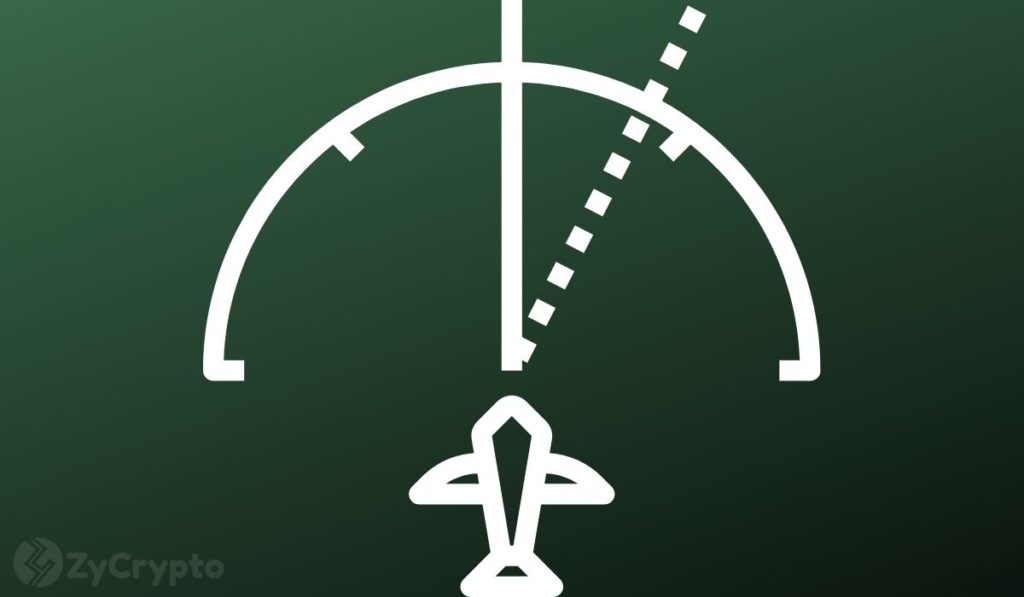2021-5-26 16:30 |
The South African Reserve Bank (SARB) is launching a feasibility study for a retail central bank digital currency (CBDC), in addition to Project Khokha.
The SARB notes that the CBDC may serve as electronic digital tender, complementary to cash, for general purpose retail use. Besides mere feasibility, the study will investigate whether such a CBDC is desirable or appropriate in the South African context. For instance, it will consider how a general purpose CBDC would feed into the SARB’s policy position and mandate.
The feasibility study will also include practical experimentation across different emerging technology platforms. It will additionally take into account a variety of factors, such as policy, regulatory, security, and risk management implications. At this stage, the SARB has made no official decision to issue a retail CBDC. The feasibility study is expected to conclude in 2022.
Project KhokhaWhile the SARB is one of a growing number of central banks looking at the feasibility of issuing digital currencies, this is not its first project. The SARB has also been working on Project Khokha with blockchain software tech firm ConsenSys.
The new study focuses on retail use of a CBDC. Meanwhile, Project Khokha focuses on the settlement of high-value transactions between commercial banks and other stakeholders at the wholesale level.
This means that South Africa is one of the few countries concurrently developing projects for both retail and wholesale CBDCs. Generally speaking, CBDCs will largely fall into two categories, wholesale CBDCs and more general-purpose retail CBDCs.
A report by PwC on the current state of CBDCs globally characterizes retail CBDCs as ones that citizens and businesses can hold and use as a form of digital cash. On the other hand, financial institutions would primarily use wholesale CBDCs would for interbank payments and financial settlement processes.
Typically, central banks will focus on developing one type of CBDC or the other, depending on its needs. Countries issuing retail CBDCs may lack a robust financial and payments system, so financial inclusion is a more of a priority. Meanwhile, wholesale CBDCs are being developed in countries with more advanced economies that feature mature interbank systems and capital markets.
The post South Africa Now Considering Both Retail and Wholesale CBDC appeared first on BeInCrypto.
origin »Bitcoin price in Telegram @btc_price_every_hour
South African Rand (ZAR) на Currencies.ru
|
|









